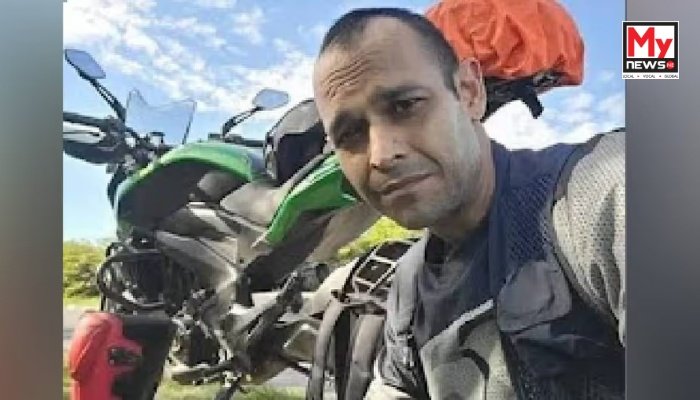Family Alleges “Mission-Less” Probe in Dr. Debanjib Sharmah’s Disappearance
Guwahati: Nearly two months after Dr. Debanjib Sharmah mysteriously vanished from Tulow Resort in Wakro, Arunachal Pradesh, on May 31, his family has voiced deep anguish, accusing the state police and government of a shocking lack of urgency and a “mission-less” investigation. What was initially touted as a Special Investigation Team (SIT) inquiry has, in their words, turned out to be “mere lip service,” leaving them frustrated and considering legal action.
The family’s distress stems from a series of perceived lapses and delays in the probe. Within 48 hours of Dr. Sharmah’s disappearance, the Arunachal Pradesh Police handed over his mobile phone, camera, and personal belongings, an act the family interpreted as suggesting an early closure on a “drowning” theory. However, the discovery of a skeleton just 20 km from the resort on June 23, nearly a month later, changed the dynamics.
Despite this crucial development, the family claims the investigation has been plagued by inefficiency. While Dr. Sharmah’s daughter provided a DNA sample on June 28, his 82-year-old unwell mother was made to travel from Guwahati only for her sample not to be collected. A perplexing 10-day delay followed before police requested additional DNA samples from Dr. Sharmah’s wife, that too without any logistical support or formal request. Eventually, the family independently arranged DNA collection at Gauhati Medical College on July 12, in the presence of an Arunachal Police constable.
Even now, 12 days after the samples were reportedly sent to FSL Kolkata, the family asserts that no official update has been provided. They question the lengthy wait for DNA analysis, contrasting it with the swift DNA confirmations in cases like the June 2025 Air India crash, where nearly 250 victims were identified within two weeks.
The family has raised critical questions about the investigation’s integrity and approach. They demand to know why there was a 10-day delay in requesting additional DNA samples, whether initial samples were compromised, and why no parallel investigation (Plan B) is underway. Furthermore, letters addressed to Arunachal Police authorities and the chief minister have reportedly received no formal response, adding to their growing disillusionment.
According to the family, the probe has lost momentum, with police seemingly waiting passively for DNA reports rather than actively pursuing alternative leads. They feel the entire burden of coordination and follow-ups, from arranging medical labs to chasing updates, has fallen on them – responsibilities that should rightfully rest with the authorities.
Having lost confidence in the promised SIT, the family describes a lack of urgency, coordination, and leadership. While they await the DNA results, they have made it clear that they will not accept any conclusions lacking full transparency. With no tangible progress and a litany of unanswered questions, Dr. Sharmah’s family is now actively considering legal action to demand accountability and justice. “This is not just about our family. It is about how the system responds when a citizen goes missing,” a family member stated, adding, “If the SIT has failed us, the courts may be our only hope. We will not stop until the truth is established.”

